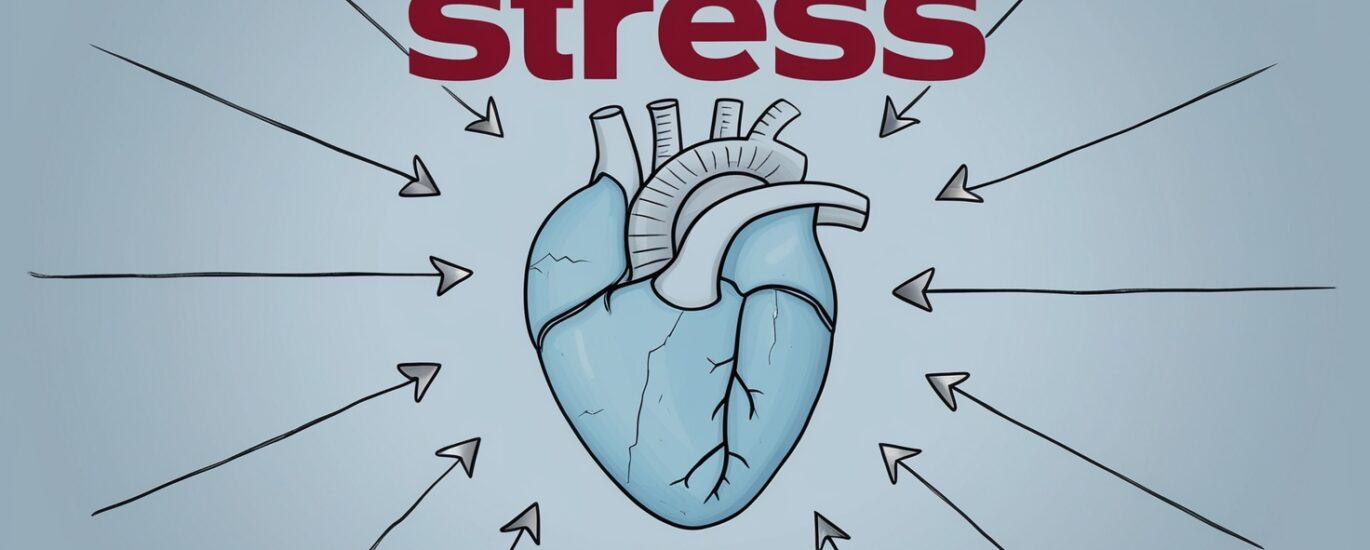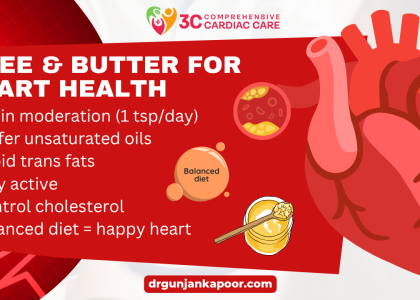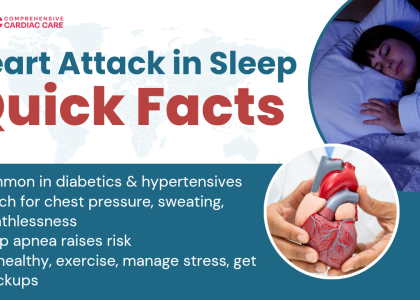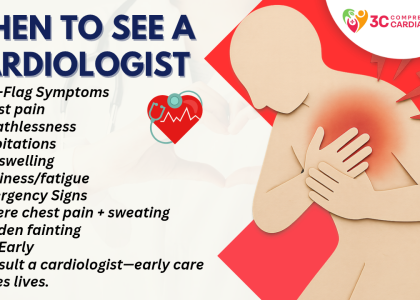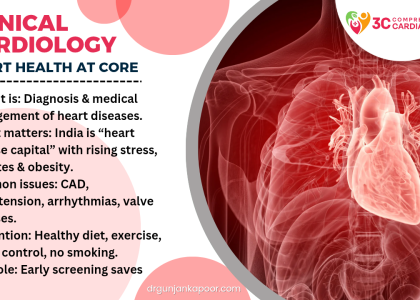In our fast-paced world, stress is something we all deal with, but did you know it could be quietly harming your heart? As a cardiologist, I often see patients whose heart problems are closely linked to stress. Let’s break down how stress affects your heart and explore some ways to keep it in check.

How Stress Messes with Your Heart
Stress is basically your body’s alarm system. When you’re stressed—whether it’s from work, family issues, or just the chaos of daily life—your body goes into “fight or flight” mode. It’s like your body’s way of gearing up to tackle a challenge. To do this, your body activates something called the sympathetic-adrenal-medullary (SAM) system and the hypothalamic-pituitary-adrenocortical (HPA) axis. These systems release hormones like adrenaline and cortisol, which make your heart beat faster and your blood pressure rise.
This response can be useful in short bursts, like if you need to run to catch a bus. But when stress sticks around for a long time, it’s like your body is stuck in high gear, and that’s when problems start. A study by the Indian Heart Association (IHA) shows that stress is behind 40-50% of heart attacks in India. When your body is constantly in “stress mode,” it can lead to high blood pressure, inflammation, and damage to your blood vessels—setting the stage for serious heart problems like heart attacks and strokes.
Cortisol: The Stress Hormone You Should Know About
Cortisol is often called the “stress hormone,” and for good reason. It’s a key player in how your body responds to stress. In small doses, cortisol is helpful—it helps regulate things like your metabolism and immune system. But when stress becomes a regular part of your life, your cortisol levels stay high, and that’s when trouble can start.
For example, there’s something called broken heart syndrome (officially known as Takotsubo cardiomyopathy). It’s a condition where extreme stress, like the loss of a loved one, can actually weaken your heart muscle, making it act like it’s having a heart attack—even though there’s no blockage in the arteries. This is a dramatic example, but it shows just how powerful stress can be.
A study by AIIMS found that people with consistently high cortisol levels are 60% more likely to develop heart disease. High cortisol can also lead to weight gain—especially if you find yourself reaching for comfort foods like sweets and snacks when you’re stressed. And the more weight you gain, the more strain you put on your heart.

Stress and High Blood Pressure: A Risky Duo
High blood pressure, often called the “silent killer,” is dangerous because it usually doesn’t show any symptoms until it’s too late. Stress can cause quick spikes in your blood pressure by making your heart work harder and your blood vessels tighten up.
According to the Indian Council of Medical Research (ICMR), around 30% of Indian adults have high blood pressure, and stress is a big reason why. If stress becomes a constant part of your life, these temporary spikes can turn into long-term high blood pressure, which significantly raises your risk of heart disease, stroke, and heart failure. The National Family Health Survey (NFHS-5) found that people living in urban areas, who often have more stressful lives, are 25% more likely to develop high blood pressure than those in rural areas.
Plus, stress often leads to unhealthy habits like smoking, drinking, or overeating. The Global Adult Tobacco Survey India (GATS-2) reports that 38% of Indian smokers say they smoke to cope with stress, which only makes things worse for your heart.
The Stress-Heart Disease Connection: It Goes Both Ways
The link between stress and heart disease is a two-way street. Stress can contribute to heart disease, and having heart disease can, in turn, increase your stress and anxiety, creating a vicious cycle. For instance, if you already have heart disease, you might start worrying about your health, which only adds more stress. This can make conditions like depression and anxiety worse, which in turn, can make your heart condition worse too.
A study by NIMHANS found that nearly half of Indian heart patients suffer from depression, which increases their risk of having another heart attack by 25%. This is why it’s so important to take care of your mental health as part of your heart health.
Conclusion
Stress is more than just a mental burden—it can have a real impact on your heart health. By understanding how stress affects your heart, you can start taking steps to manage it better. Stay tuned for practical tips on how to reduce stress and keep your heart healthy!
Click here for previous blog

